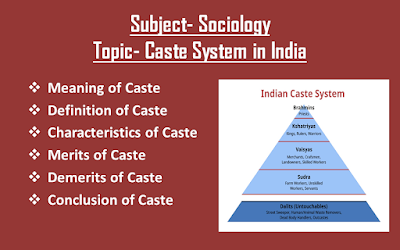Informal Groups- Meaning, Definition, Characteristics and Importance
# Informal Groups
Informal group is a group which has no prescribed rules and regulations for joining the group, staying in the group and leaving the group. Any person can join the group, participate in it and leave it whenever they want.
Informal groups are social groups that are characterized by a lack of formal structure, organization, and leadership. They are often formed spontaneously or naturally around shared interests, activities, or friendships.
For example, a group of students sitting in the playground and gossiping with one another, people gathered to see a Joker in a public place, informal clubs and associations are the instances of informal groups.
# Definition of Formal Groups
1. According to George Herbert Mead:- "A group that emerges spontaneously, without deliberate planning, based on shared experiences, interests, or social interactions."
2. According to Charles Horton Cooley:- "A group that forms naturally, without formal organization, around shared interests, activities, or social relationships."
3. According to Max Weber:- "A group that emerges informally, without rational planning, around shared interests, values, or social relationships."
4. According to Emile Durkheim:- "A group that forms naturally, without formal organization, around shared social solidarity and collective consciousness."
5. According to Richard T. LaPiere:- "A group that forms naturally, without formal organization, around shared social interactions, relationships, or activities, often with emergent norms."
# Characteristics of Informal Groups
1. Lack of formal structure:- Informal groups do not have a defined hierarchy or organization.
2. No formal leadership:- There is no designated leader or authority figure.
3. No rules or procedures:- Informal groups often do not have established rules or procedures.
4. Voluntary participation:- Members participate at will, and there is no requirement for attendance or involvement.
5. Informal communication:- Communication is often casual and informal, such as through social media or text messages.
6. Shared interests:- Informal groups often form around shared interests, hobbies, or activities.
7. Flexibility:- Informal groups are often flexible and adaptable, with no set rules or procedures.
8. No formal membership:- There is no formal membership process, and members can come and go as they please.
9. Spontaneity:- Informal groups can be spontaneous and may form quickly in response to a shared interest or event.
10. Social support:- Informal groups can provide emotional support and a sense of belonging.
# Importance of Informal Groups
1. Informal groups provide a sense of community and belonging among members.
2. Informal groups foster creativity, innovation, and idea generation.
3. Informal groups support socialization, networking, and relationship building.
4. Informal groups promote flexibility, adaptability, and spontaneity.
5. Informal groups facilitate open communication, feedback, and active listening.
6. Informal groups encourage collaboration, mutual support, and teamwork.
7. Informal groups provide a platform for personal growth, learning, and development.
8. Informal groups offer a sense of comfort, relaxation, and stress relief.
9. Informal groups foster diversity, inclusivity, and social cohesion.
10. Informal groups contribute to social change, activism, and grassroots movements.
Watch video on YouTube





